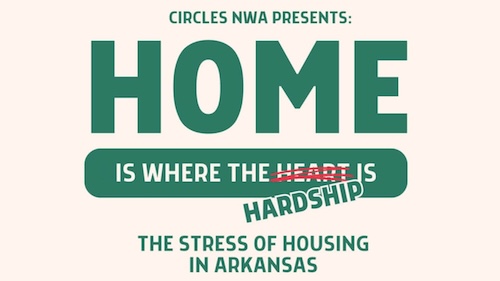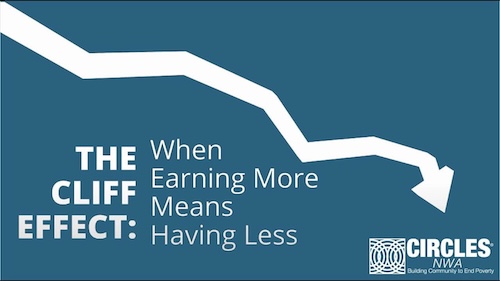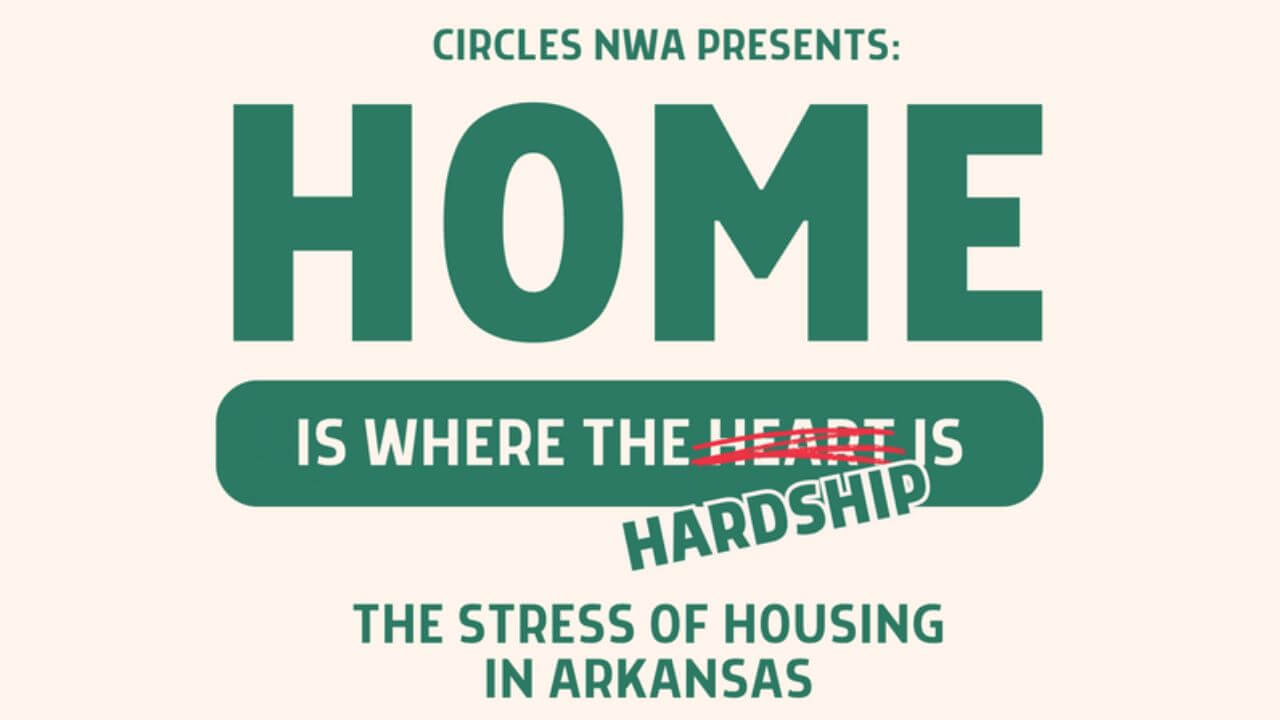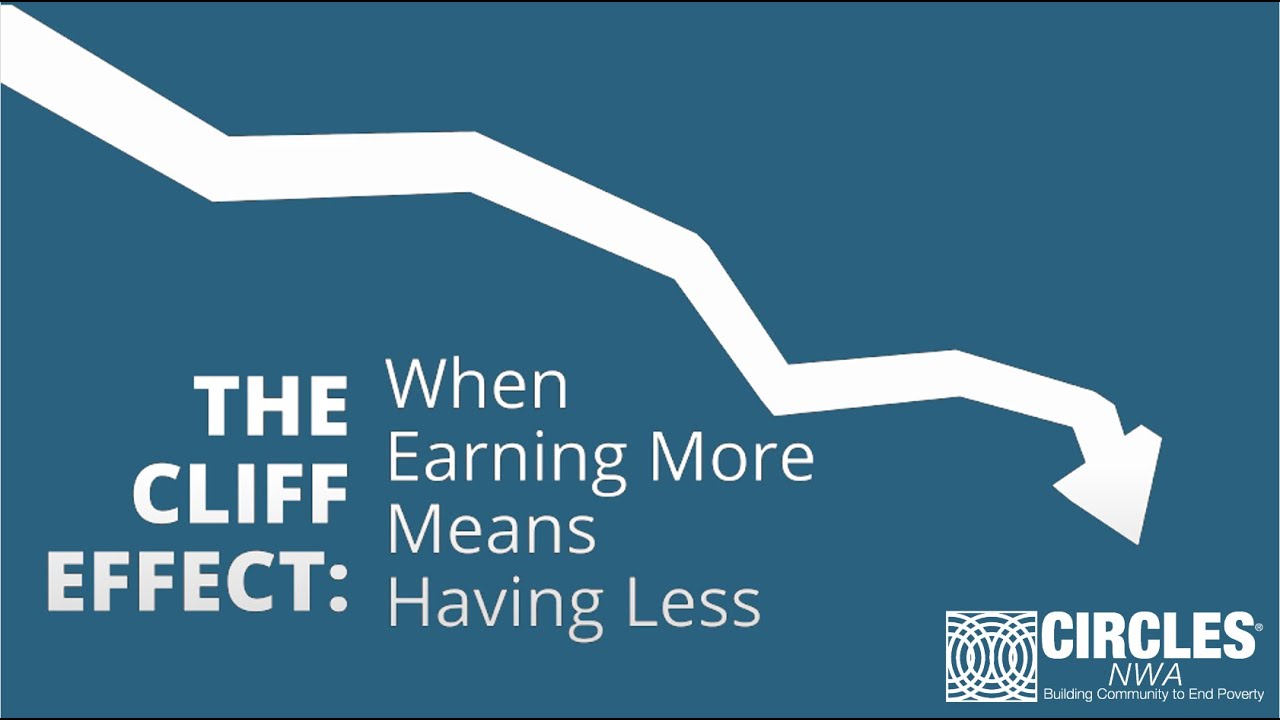
Much of what we hear, see, and think we know about poverty is shaped by incomplete and inaccurate ideas that oversimplify the complex reality.
Becoming Visible seeks to reveal the things about our own community that are too often invisible to us. Becoming Visible centers the stories, voices, and lived experiences of people who understand the barriers and challenges best–because they are not invisible to them; they face them every day. Becoming Visible is about storytelling, community dialogue, and learning directly from those closest to the problems. It’s a chance to see our own community through someone else’s perspective and consider how that might change the way we think and act.
Check out our past Becoming Visible Events:
Attend our upcoming Becoming Visible event!
GET NOTIFIED ABOUT FUTURE EVENTS
PAST EVENTS
Home Is Where the Hardship Is – The Stress of Housing in Arkansas
On April 10, 2024, nearly 500 people joined us—either in person or via livestream—for Home Is Where the Hardship Is, a powerful event in Circles’ “Becoming Visible” series focused on the urgent housing challenges facing Arkansas families.
As headlines continue to highlight a housing market that is unaffordable, unattainable, and increasingly unstable, this event brought much-needed visibility to the lived realities behind those headlines. Circle Leaders—renters and parents working toward economic stability—led the evening, sharing powerful personal stories of navigating rising rents, housing insecurity, and the emotional weight of not knowing whether “home” will still be there tomorrow.
Their voices underscored a hard truth: in Arkansas today, home is often where the hardship is. Through their leadership and testimony, they called on the community to move beyond awareness and toward action—grounded in empathy, compassion, and commitment to change.
The Cliff Effect — When Earning More Means Having Less
On October 18, 2022, Circles held its Fall Big View event, Cliff Effect: When Earning More Means Having Less. This powerful community conversation brought much-needed attention to the benefits cliff—a frustrating and often invisible barrier that forces many working families to choose between earning more and keeping the supports they rely on.
Led by Circle Leaders, the event spotlighted real-life stories of Arkansans who faced painful trade-offs: turning down raises, reducing hours, or staying in jobs that no longer served them—all to avoid losing access to essential benefits like food assistance, childcare, or housing support. By centering lived experience, this first Big View event disrupted the harmful narrative that people experiencing poverty just need to “work harder” or “get a better job.” Instead, it revealed how current systems often punish progress and make the path to economic mobility even steeper. Making this issue visible to employers, policymakers, and community stakeholders is key to building a more just and supportive system.

